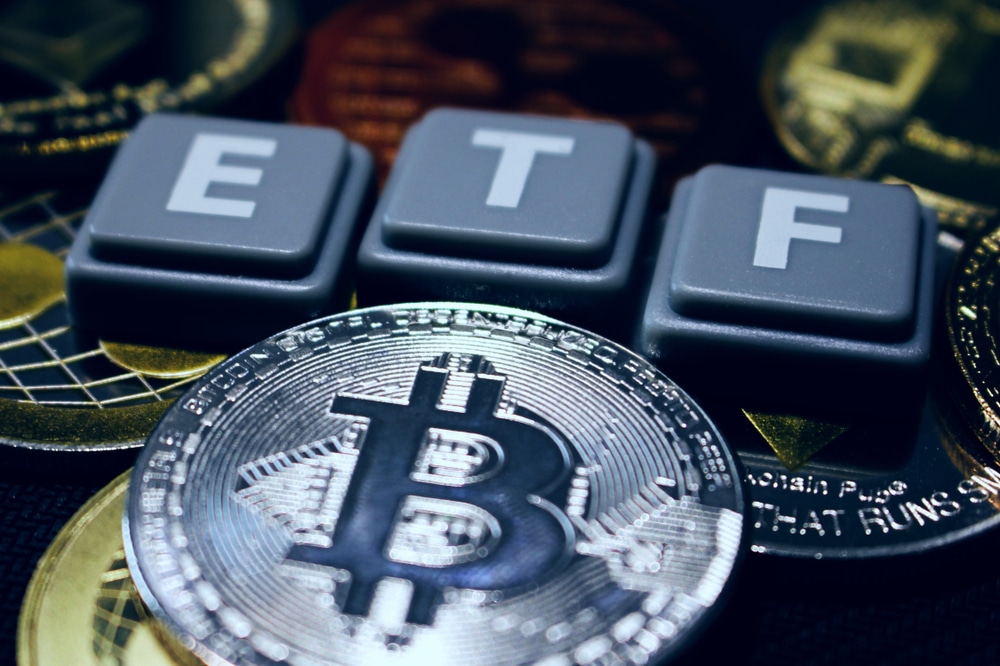A Comparative Guide to Centralized and Decentralized Cryptocurrency Exchanges

Centralized Cryptocurrency Exchange Explained
A centralized cryptocurrency exchange serves as a digital marketplace for trading cryptographic assets. It is distinguished by a single authoritative body acting as an intermediary in transactions between buyers and sellers of digital currencies. Most users widely prefer these platforms, and are the most utilized cryptocurrency trading platform.
The phrase “centralized cryptocurrency exchange” denotes a system where transactions in the digital realm are contingent upon a central authoritative entity. This entity operates on a foundation of trust, similar to how people depend on conventional banking institutions to safeguard their monetary deposits.
This model is predicated on the understanding that these centralized entities provide a level of security and regulatory oversight that individuals may need help to achieve. In the domain of digital currency exchanges, users place their confidence in these platforms to securely handle their transactions and connect them with appropriate trading counterparts.
Characteristics of Centralized Cryptocurrency Platforms
Centralized platforms are characterized by managing users’ confidential wallet keys, an essential element for cryptocurrency transactions. To adhere to legal standards, these exchanges employ a verification process known as Know Your Customer (KYC).
KYC aims to authenticate user identities to thwart illicit undertakings like money laundering and financing of terrorism. This verification necessitates that users submit personal identification, provide supporting documents, and receive confirmation of their information before initiating deposits and engaging in trading activities.
Benefits of Centralized Cryptocurrency Exchanges
User Accessibility
Centralized exchanges present a straightforward and familiar route for newcomers to the cryptocurrency market. They offer a simpler alternative to the more complex peer-to-peer transactions and personal crypto wallet management, allowing users to manage their accounts and trades via user-friendly interfaces easily.
Dependability
These exchanges are recognized for the additional security and stability they provide through their sophisticated platforms, offering users a sense of assurance in their transactions.
Investment Leverage
Some centralized exchanges present the option of margin trading, which permits traders to amplify their investments through borrowed capital, increasing the potential for higher profits, albeit with a corresponding increase in potential losses.
Notable Centralized Exchanges
Platforms like Binance, Coinbase, and Kraken are prominent centralized exchanges established in the digital asset market. They offer many services, including spot and futures trading and other financial services designed for digital asset traders.
Drawbacks of Centralized Cryptocurrency Exchanges
Vulnerability to Hacking
Operators of centralized exchanges are charged with the protection of user assets. Due to their significant value, these platforms often become the targets of cyber-attacks and theft.
Asset Custody and Fraud Risks
These exchanges typically hold user assets within their wallets, which, while convenient, raises concerns regarding the platform’s stability and the potential for fraudulent activity.
Service Fees
Unlike peer-to-peer platforms, centralized exchanges usually charge considerable fees for their convenience and services, especially for high-volume trades.
Decentralized Cryptocurrency Exchanges Overview
Decentralized exchanges are built on noncustodial, decentralized blockchain frameworks and aim to enable direct transactions between peers. Notable DEXs include Uniswap, PancakeSwap, dYdX, and Kyber, focusing on reducing fees, allowing direct asset control by users, and lessening regulatory constraints.
DEXs function via smart contracts, which autonomously enforce agreements on the blockchain. This setup offers enhanced privacy and reduced costs relative to their centralized counterparts. Decentralized exchanges are also resistant to censorship, devoid of KYC procedures, and attract users who prefer to trade without disclosing their identity.
Additionally, DEXs serve those without access to traditional banking, especially those needing more documentation for KYC, enabling financial participation for a broader user base.
Benefits of Decentralized Digital Currency Platforms
Token Assortment
Decentralized platforms offer an expansive array of tokens, unburdened by the exhaustive token verification and adherence to regulatory standards required of centralized counterparts. Including any token from their respective blockchain ensures that emergent projects often debut on decentralized exchanges before their centralized counterparts.
Enhanced Security Measures
For the seasoned digital currency enthusiasts who prefer personal custody of their funds, decentralized exchanges (DEXs) safeguard against cyber threats, as they do not retain user assets. Users have complete control, interfacing with the exchange only when necessary. In the unfortunate event of a cyber breach, the liquidity providers bear the brunt of the risk.
Minimized Oversight
Decentralized exchanges operate devoid of stringent customer verification processes, allowing for enhanced user confidentiality and discretion. This freedom from oversight results in diverse cryptocurrency and digital asset options, with many alternative coins predominantly traded on DEXs.
Challenges of Decentralized Platforms
Requirement of Expertise
Engagement with DEXs necessitates the use of smart contract-compatible cryptocurrency wallets. Users must acquire expertise in managing these wallets and understanding security protocols to safeguard their assets.
Liquidity Hurdles
Despite most cryptocurrency transactions occurring through centralized exchanges, DEXs often need help matching buyers and sellers, particularly during diminished trading volumes due to liquidity constraints.
Concerns with Non-Reviewed Tokens
The open nature of decentralized exchanges, allowing for token listing and liquidity pairing, also poses the threat of fraudulent schemes, such as ‘rug pulls.’ While some DEXs have instituted contract verification steps for user protection, this can be daunting for the novice investor.
Notable Decentralized Exchanges
Uniswap stands out with its automated liquidity protocol on the Ethereum blockchain, acclaimed for its simplicity, allowing those with an Ethereum wallet to trade directly.
PancakeSwap, a leading DEX on the BNB Chain, utilizes a novel Automated Market Maker system, facilitating direct wallet-based asset trading.
SushiSwap, another Ethereum-based DEX, is noted for its community-driven approach, offering additional features like yield farming and staking to incentivize user engagement and value creation.
Final Thoughts
The trajectory of cryptocurrency exchanges is poised for groundbreaking evolution as digital currencies garner global recognition. Regulatory bodies are increasingly laying down frameworks for the cryptocurrency domain.
In regulatory actions, the US Securities and Exchange Commission has targeted significant exchanges like Binance and Coinbase for functioning without proper registrations, indicating a shift towards a more secure, transparent, and integrated market environment conducive to investor trust and broader financial incorporation.
DISCLAIMER: It's essential to understand that the articles on this site are not meant to serve as, nor should it be construed as, advice in legal, tax, investment, financial, or any other professional context. You should only invest an amount that you are prepared to lose, and it's advisable to consult with an independent financial expert if you're uncertain. To obtain more information, kindly examine the terms of service and the assistance and support resources made available by the issuing or advertising entity. Our website is committed to delivering accurate and unbiased news, yet it's important to note that market conditions may change rapidly. Also, be aware that some (but not all) articles on our site are compensated or sponsored.








